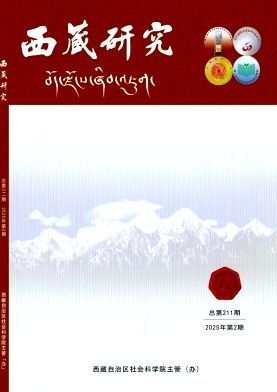| 1,252 | 29 | 7 |
| 下载次数 | 被引频次 | 阅读次数 |
关于“藏传佛教”的各种判断常常会引发各种争论,主要是因为“藏传佛教”概念所指过于庞杂,在特定语境或文本中使用时,能指与所指经常游离,使研究者之间难以达成共识。文章认为,“藏传佛教”概念所指应同时指向历史构成、理论层面、修习实践层面、组织制度以及民俗宗教层面,主张全面理解和准确使用这一概念,以减少学术研究过程中的无谓争论。
Abstract:There are usually disagreements about the different meanings of “Tibetan Buddhism”. This is mainly due to the fact that the term “Tibetan Buddhism” is too general, so that when it is used in specific contexts or texts, the specific use or meaning and the broader meaning tend to contradict each other, thus making it difficult for researchers to agree. The article asserts that the general meaning of Tibetan Buddhism includes aspects of history, theory, practice, organization system, folklore, and religion. The article advocates an overall understanding and proper use of this concept in order to avoid the unnecessary arguments in academic research.
[1]刘立千·藏传佛教各教派教义及密宗漫谈[M]·北京:民族出版社,1997·
[2]杨化群·藏传因明学[M]·拉萨:西藏人民出版社,1990·
[3]方立天·佛教哲学[M]·北京:中国人民大学出版社,1991·
[4]吕·印度佛教史[M]·上海:上海人民出版社,2005·
[5]冲日策郎·宁玛派历史(藏文)[M]·北京:中国藏学出版社,1998·
[6]多识·藏传佛教理论框架[M]·北京:中国藏学出版社,2000·
基本信息:
DOI:
中图分类号:B948
引用信息:
[1]刘勇.“藏传佛教”概念分析[J].西藏研究,2006(02):27-34.
基金信息:
